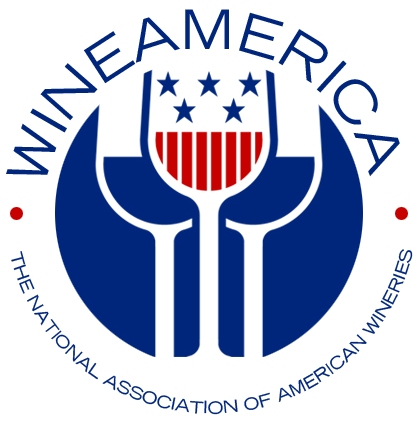by Michael Kaiser
6.20.16
The Food Safety Modernization Act (FSMA) was passed by Congress in late 2010 and signed into law by President Obama on January 4, 2011. The intent of the FSMA is to allow FDA to “focus more on preventing food safety problems rather than relying primarily on reacting to problems after they occur.” The FSMA broadens the enforcement power of the Food and Drug Administration and creates higher rates of compliance with new prevention and risk based food safety standards. Additionally, it holds imported foods to the same standards and domestic foods and requires the FDA partner with local and state authorities on implementation. The FSMA brings the wine industry under FDA jurisdiction more to than ever before.
The FSMA is a multi faceted piece of legislation that has taken nearly five years to fully implement. The last regulations authorized by the law were published on May 27. The preventative enforcement powers of the FDA have been expanded in the FSMA. The new powers are as follows and next week we will examine the regulations that have been written to enforce these new powers.
Prevention
- Mandatory preventive controls for food facilities: Food facilities are required to implement a written preventive controls plan. This involves: (1) evaluating the hazards that could affect food safety, (2) specifying what preventive steps, or controls, will be put in place to significantly minimize or prevent the hazards, (3) specifying how the facility will monitor these controls to ensure they are working, (4) maintaining routine records of the monitoring, and (5) specifying what actions the facility will take to correct problems that arise.
- Mandatory produce safety standards: FDA must establish science-based, minimum standards for the safe production and harvesting of fruits and vegetables. Those standards must consider naturally occurring hazards, as well as those that may be introduced either unintentionally or intentionally, and must address soil amendments (materials added to the soil such as compost), hygiene, packaging, temperature controls, animals in the growing area and water. )
- Authority to prevent intentional contamination:FDA must issue regulations to protect against the intentional adulteration of food, including the establishment of science-based mitigation strategies to prepare and protect the food supply chain at specific vulnerable points.
Throughout the summer we will be examining the Food Safety Modernization Act and how it impacts the wine industry.
***
Questions? Contact Michael Kaiser, Director of Public Affairs, mkaiser@nullwineamerica.org.
WineAmerica is the national voice the American wine industry. Based in Washington, D.C., WineAmerica represents wineries in 43 states and leads a coalition of state and regional wine and grape associations. As an industry leader, WineAmerica encourages the dynamic growth and development of American wineries and winegrowing through the advancement and advocacy of sound public policy.


